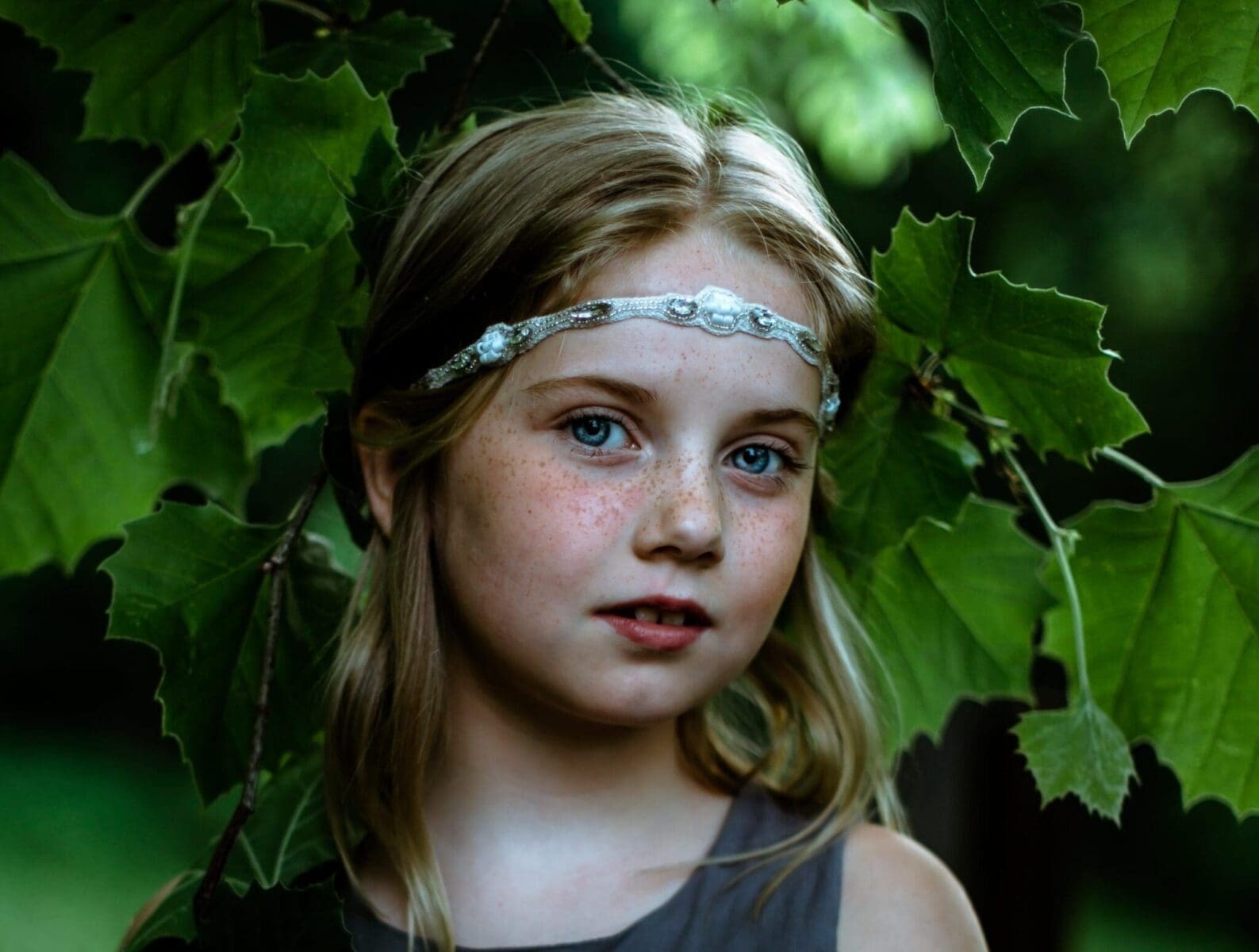Brains love keeping us alive. They adore it actually. Their most important job is to keep us safe. This is above behaviour, relationships, and learning – except as these relate to safety.
- Brains will first ask, ‘Is my body safe?‘ Am I free from danger, pain, hunger, exhaustion, sensory overload/ underlay.
- Then, ‘Is my heart safe?‘ Am I cared about, loved, welcome? Do I belong? Am I a part of this family, (or group, class)? Am I understood, seen, heard?
- Only when the answer to these is ‘yes’, will it then be ready to ask, ‘What can I learn?’
Safety isn’t about what is actually safe, but about what the brain perceives. Unless a brain feels safe and loved (connected through relationship, welcome in the space), it won’t be as able to learn, plan, regulate, make deliberate decisions, think through consequences.
Young brains (all brains actually) feel safest when they feel connected to, and cared about by, their important adults. This means that for us to have any influence on our kids and teens, we first need to make sure they feel safe and connected to us.
This goes for any adult who wants to lead, guide or teach a young person – parents, teachers, grandparents, coaches. Children or teens can only learn from us if they feel connected to us. They’re no different to us. If we feel as though someone is angry or indifferent with us we’re more focused on that, and what needs to happen to avoid humiliation or judgement, or how to feel loved and connected again, than anything else.
For brains to feel safe, they also need to feel welcome. It’s why for any of us, walking into a room full of people we don’t know can be so daunting. If we know at least one person who can be our go-to, instantly we can feel braver or more okay. For our kids and teens, this isn’t only about making sure they feel welcome, but about making sure their world is welcome – their friends, their interests, and as they get older, their partners.
The truth of it all is that felt safety is key to everything – regulation, relationships, behaviour, learning. The most powerful way to nurture felt safety is through relationship and connection. Connection first, then everything will follow – learning, behaviour, regulation. Connection let’s us do our job – whether that’s the job of parenting, teaching – anything. When the brain feels safe, it can rest and pour any available resources into the things we humans love – learning, playing, discovering, being, and being with.


Reading this makes me realize what a good job my daughter is doing raising her 3 year old boy. When he spills something she calmly says, “sometimes we spill”. She plays with him whenever she is not cooking or doing housework, and even then, he helps. I’m talking, down on the floor playing and teaching. I feel like I did a fairly good job raising her brother and her, but I’m so impressed with the new generation of parents today. One time when he was younger he was playing in the dog’s water dish, so she got a bowl, filled it with water and got down on the floor with him and let him splash water all over. That’s something I never would have done and I’m happy she’s able to be that calm. “No” is hardly ever used, but he figured it out during his “two’s”! He’s passed that now and becoming a well balanced little boy.
I appreciate your article and enjoy this website. Thank you.
LINDA ROSENQUIST
It is so important to feel accepted and connected in your environment. There were times as a child and as a young adult where I would feel overwhelmed just walking into a home where I felt hostility towards me. I’ve tried my best to never put my children in a situation where they did not feel love and acceptance when they walked into a room.